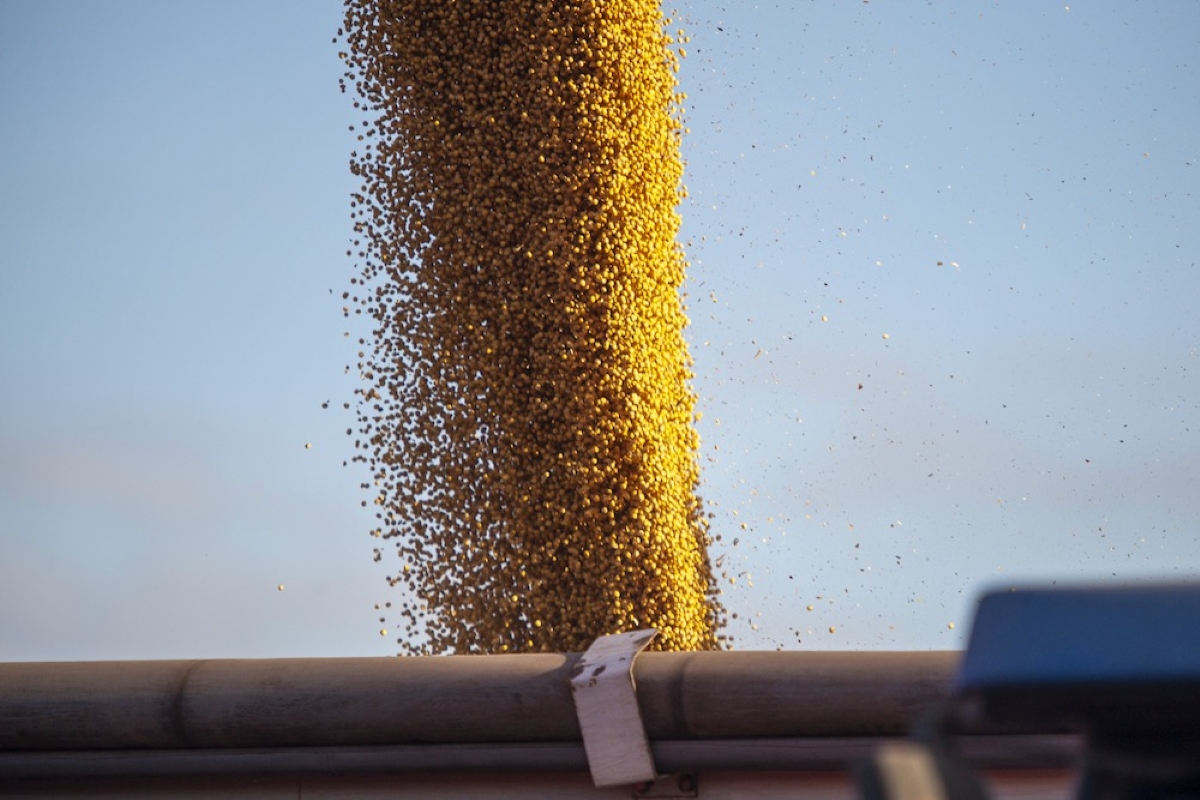Geneva | Reuters — The United States has requested a World Trade Organization panel be set up to investigate Chinese tariff-rate quotas (TRQ) for agricultural products, the WTO said on Monday, setting up a showdown between the two largest economies.
The row, which includes tariffs for wheat, rice, and corn, was initiated under the Obama administration which sought consultations on Dec. 15, but now the Trump administration has moved ahead with a formal request.
The item appears on the formal agenda of the WTO’s Dispute Settlement Body (DSB) meeting set for Aug. 31, issued on Monday. China can block this first formal request, but upon a second request at a later DSB, the panel will be set up unless all WTO members agree to block it.
Read Also

Brazil to reap record soy crop in 2025/2026, increase exports
Brazil’s Conab said the country will reap a record soybean crop of 177.6 million tons in the 2025/2026 harvest year, according to data released on Thursday.
In December, the U.S. Trade Representative (USTR) said that China’s administration of the program breached its WTO commitments and hurt U.S. farm exports.
The USTR said global prices for the three commodities were lower than China’s domestic prices, yet the country did not maximize its use of TRQs, which offer lower duties on a certain volume of imported grains every year. The USTR said that limited market access for shipments from the U.S., the world’s largest grain exporter, and other countries.
Since then, Australia, the European Union, Canada and Thailand have joined the dispute as third parties.
The U.S. said that China had failed to administer its tariff rate quotas on a “transparent,” predictable,” or “fair” basis.
Last Friday, USTR announced it was launching an investigation into China’s alleged theft of U.S. intellectual property — the administration’s first direct measure against Chinese trade practices — which Beijing on Monday rejected as “irresponsible.”
— Reporting for Reuters by Stephanie Nebehay.













